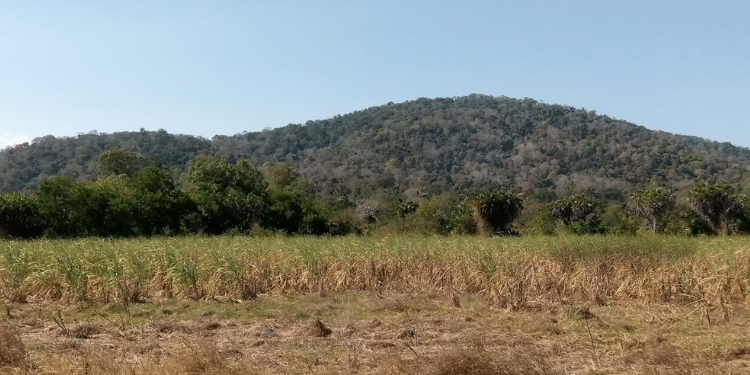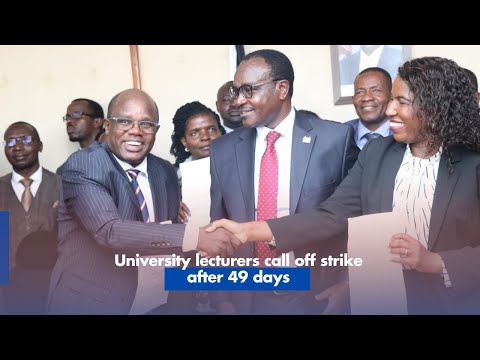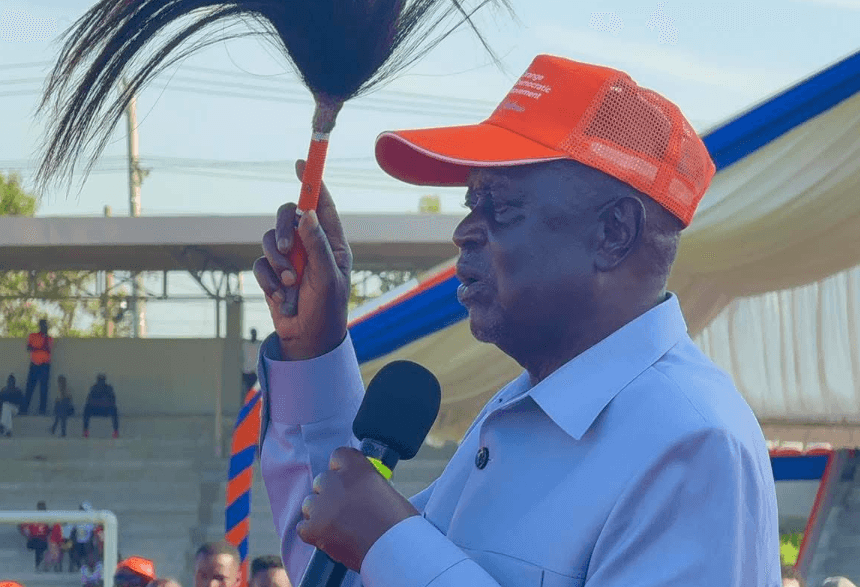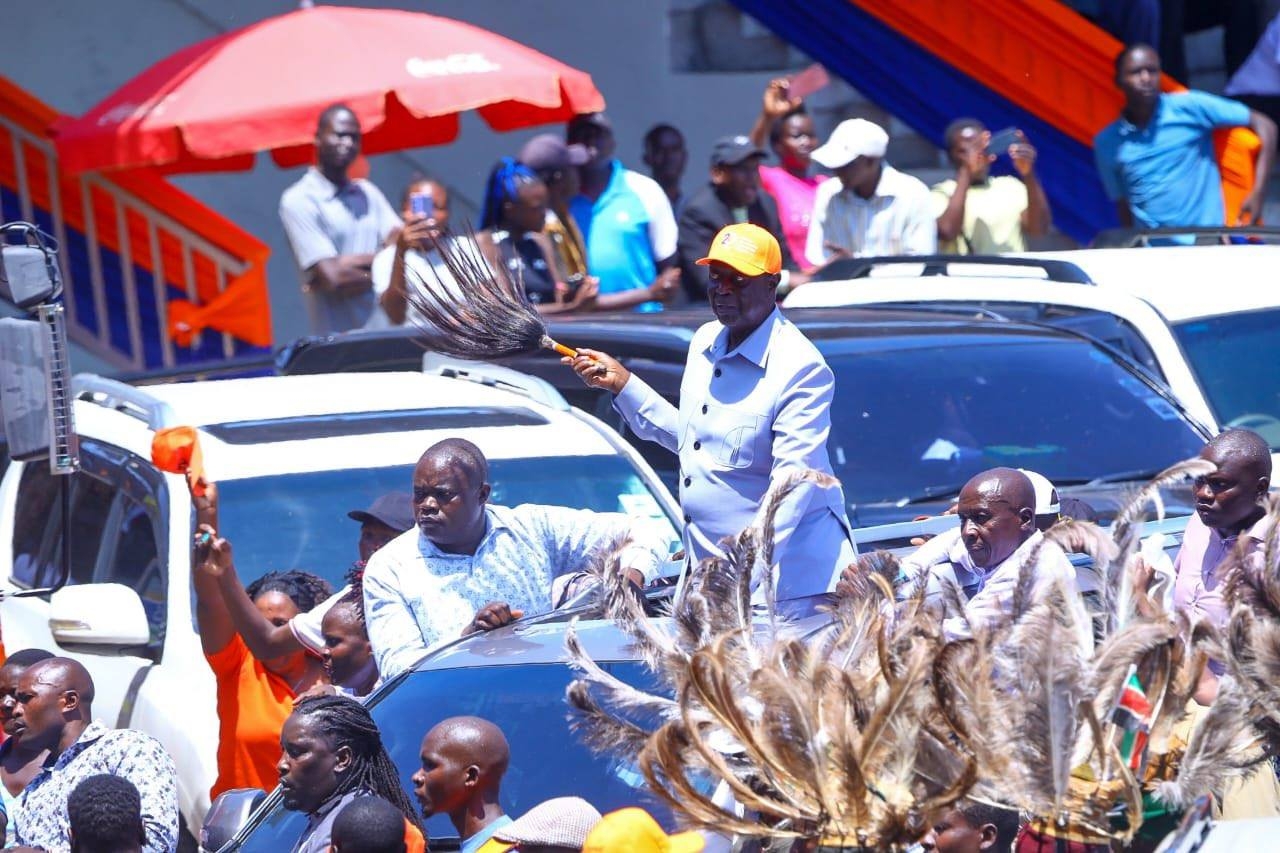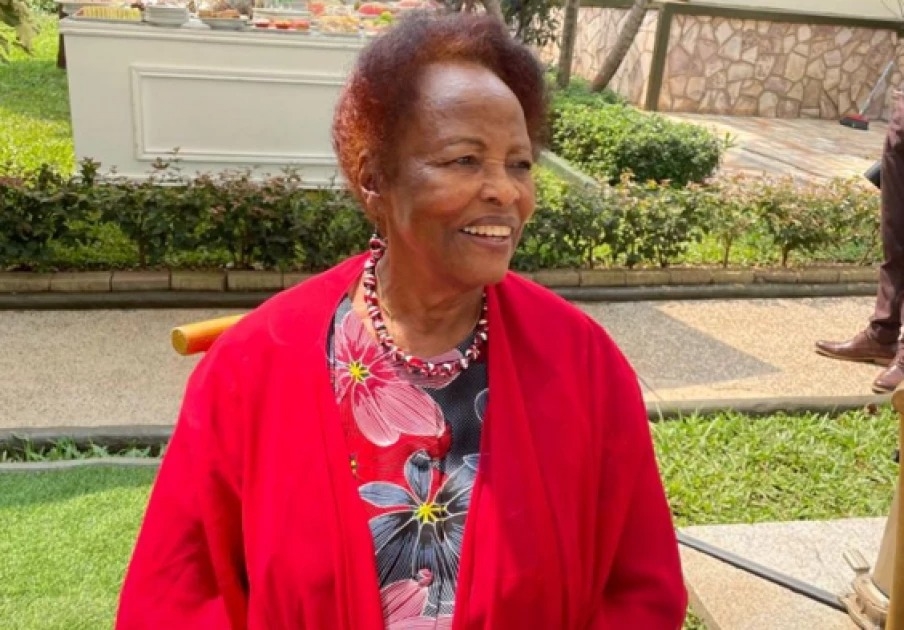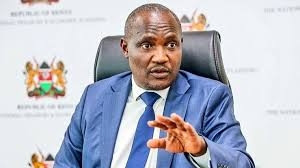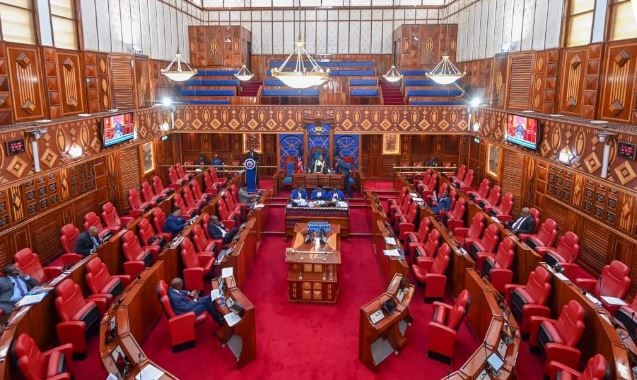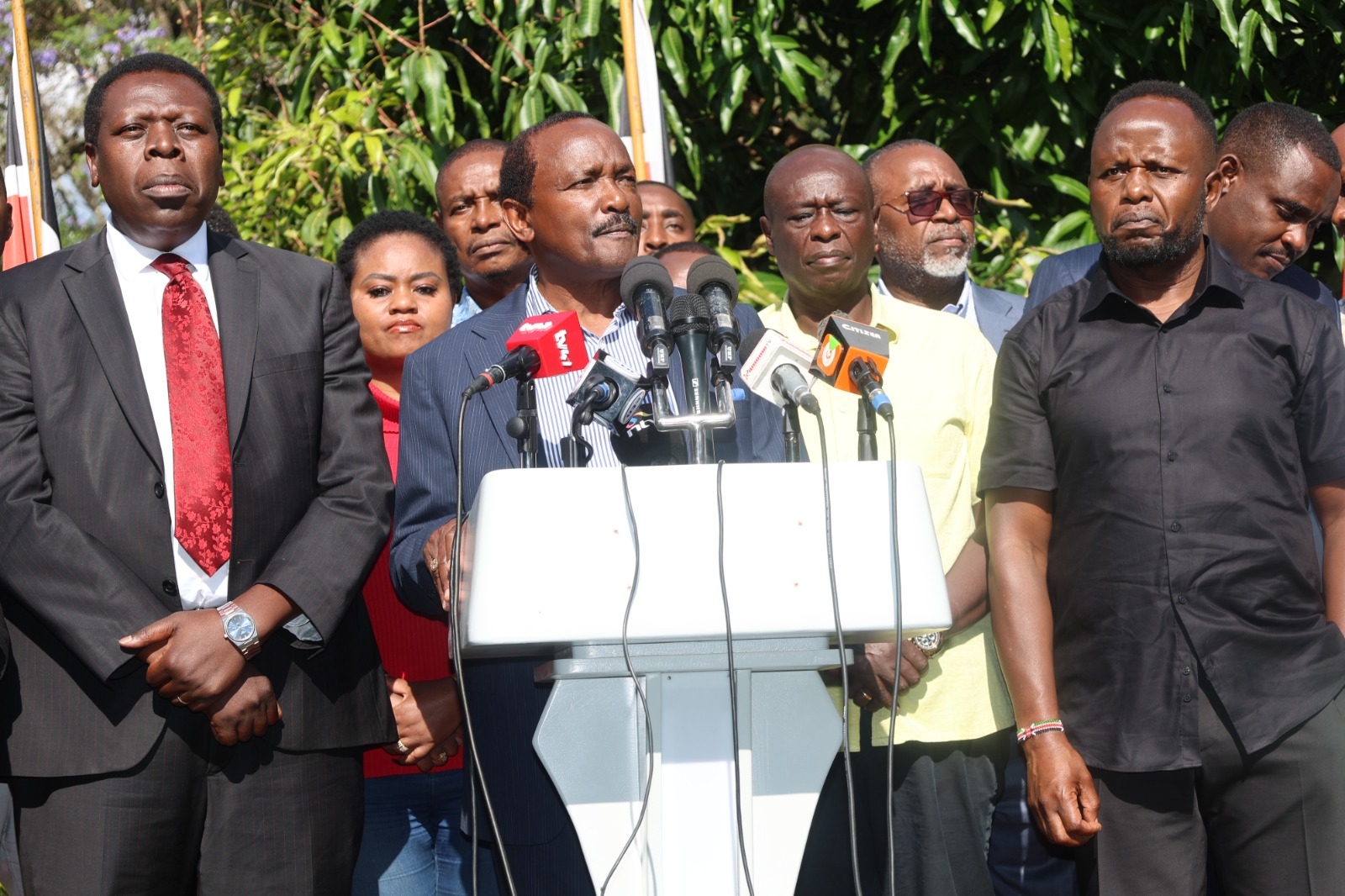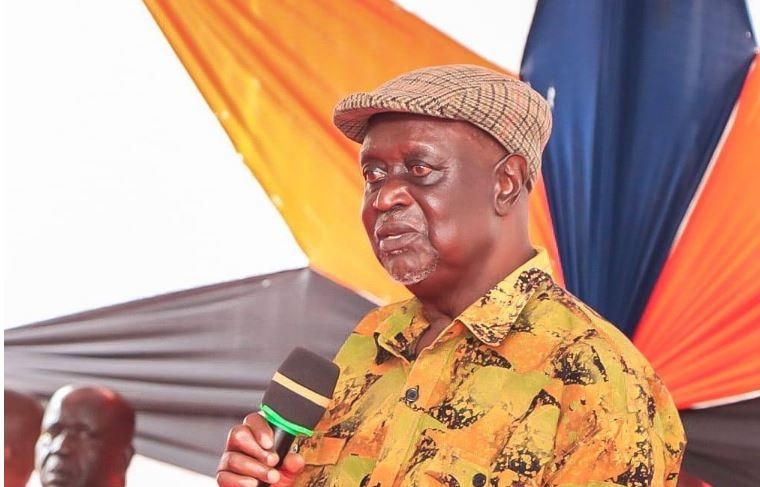Parliament has summoned former top officials at the Geothermal Development Company over a Sh211 million loss in a mediated deal involving a UK firm.
The matter, that was arbitrated in London, is in regards to a contract awarded to Cluff Geothermal Company - the UK firm.
The contentious contract was entered in 2013 and was meant for the drilling of 20 geothermal wells at a cost of Sh4.2 billion ($ 41,219,208).
The works were awarded to Cluff Geothermal company and its local partners Great Rift Drilling and Ardal Risk & Support Services (K).
The National Assembly’s Public Investment Committee on Commercial Affairs and Energy summoned GDC's former Director Silas Simiyu, Procurement Officer, and evaluators at the time the multi-billion tender was awarded.
The Committee chaired by Pokot South MP David Pkosing also summoned top officials of Cluff Geothermal company.
“This looks like it was a tailor-made contract to ensure that Cluff Geothermal company got the contract despite it having being established by this committee that it did not have the capacity to see it through,” Pkosing said.
He questioned why GDC failed to conduct a feasibility study before proceeding with the project.
The officials will explain to the Committee their role in the loss of the taxpayers’ money.
The Sh211 million loss was incurred after the London-based International Arbitration Tribunal ruled against GDC.
The UK firm was as a result awarded Sh2.7 billion ($26,264,509), the amount Cluff Geothermal requested in compensation.
The firm sued GDC for breach of contract after the Geothermal Company decided to decommission the works.
GDC Managing Director Paul Ngugi while appearing before the Committee said the UK-firm abandoned works due to financial constraints and demobilised the drilling crew in 2016.
Cluff Geothermal, in retaliation, declared a dispute at LCIA in 2017 and sought compensation in unpaid invoices for the period from March 2015 to June 2016, damages in the form of lost profits and consequential losses related to delayed payments of certain invoices.
Kaloleni MP Paul Katana accused GDC of sleeping on the job by failing to carry out due diligence.
The lawmaker further questioned why, despite the tender being advertised locally, the arbitration had to happen in London.
“This looks like a case of collusion where some individuals chose to award the firm the contract, cancel it and benefit from it through the arbitration process,” he said.
Laikipia East MP Mwangi Kiunjuri also questioned the tendering process which he said was messed from inception to favour the foreign firm.
The House team also read an improper motive on the part of GDC for its failure to involve the office of the Attorney General at the time of entering into contract.
“Why is it that the office of the Attorney General was involved not at the onset but at the tail end during arbitration? I worked in the public service and by that time there was a requirement that the office of the AG is copied when signing such contracts with international firms,” said Aldai MP Marianne Keitany.
Keitany was responding to admission by Solicitor General Shadrack Mose that the AG’s office was kept in the dark when the project was being signed.
“It is true that the AG’s office was not consulted when the agreement was being signed,” Mose said, adding that it was not legal requirement by then to consult the State Law office.




